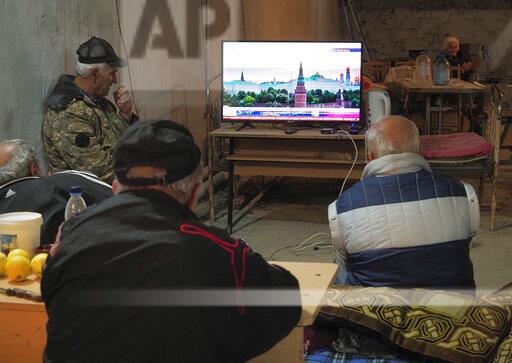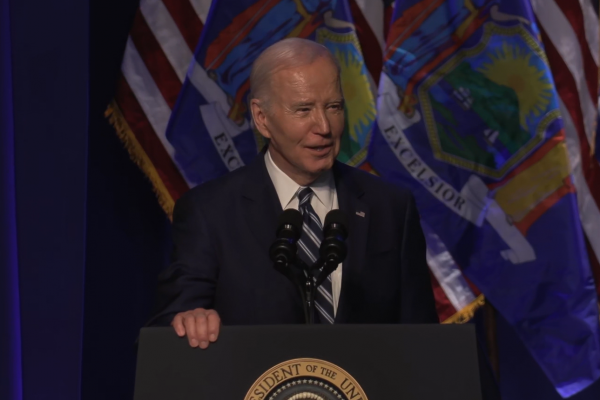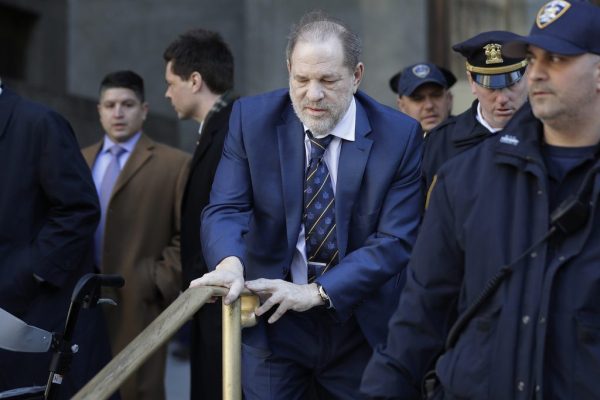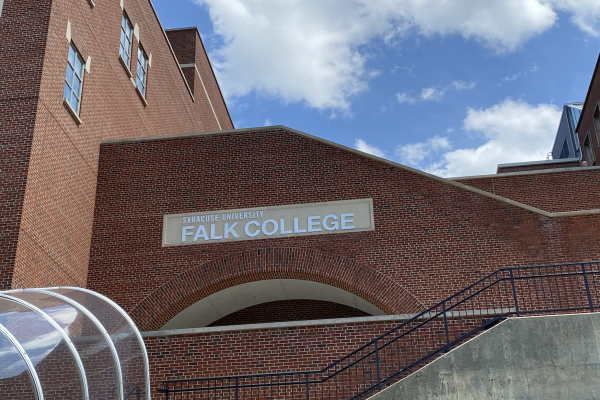
SYRACUSE, N.Y. (NCC-News)-From how we grocery shop to how we go to school, the COVID-19 pandemic has flipped our society on its head and forced us to change our lifestyles. One aspect of our society that has been prevalent amid the peak of the pandemic was television, specifically TV news.
At professional television stations like CNY Central in Syracuse, one of the earliest obstacles to overcome was assessing their resources. News director Sean Carroll shared that the station had to figure our who could work from home. Once that was decided, the news team had to make sure employees have the equipment necessary to do their job from home in a timely manner.
“We immediately started to say, who can we move remote,” Carroll said. “How much gear do we have? How many of those MMJ cameras, those laptop editors, those LIVEUs, how many do we have? How many news vehicles do we have?”
An added issue for the TV news business this year is the upcoming state and presidential elections. Carroll detailed how he and his team are going about it this year amid the pandemic.
“It is really fascinating and I think the most important thing is that we have developed a brand now where we are holding all candidates, all congressional, all parties accountable for what they’re doing,” said Carroll.
Professional journalism has not only been impacted by the pandemic. Student journalism has experienced its own ups and downs, as evidence by Syracuse University’s CitrusTV.
“The biggest challenges have been you know we can’ t have as many people working at one time as we used to be able to,” Matt Bonaparte said, who is an executive producer at Citrus. “So you know we can only have so many people cut videos, being in the newsroom, working on a rundown at one time. So it gets a little bit more difficult when it actually comes to the production of the show.”
With all of the craziness of the pandemic, it has proven to be a learning experience for aspiring media members like Bonaparte.
“You know using the internet to meet, to get just content out,” Bonaparte said. “Whether you are doing a show, you’re doing it on zoom or something like that or just meeting that way. You know humans will always find a way to get the job done and people will always find ways to do what they want. “
As 2020 comes to an end, the pandemic is still a prevalent part of our society. Until there is a vaccine, it will be on journalists across the United States to keep Americans informed when it comes to the virus, and it will interesting to see how that is accomplished.




